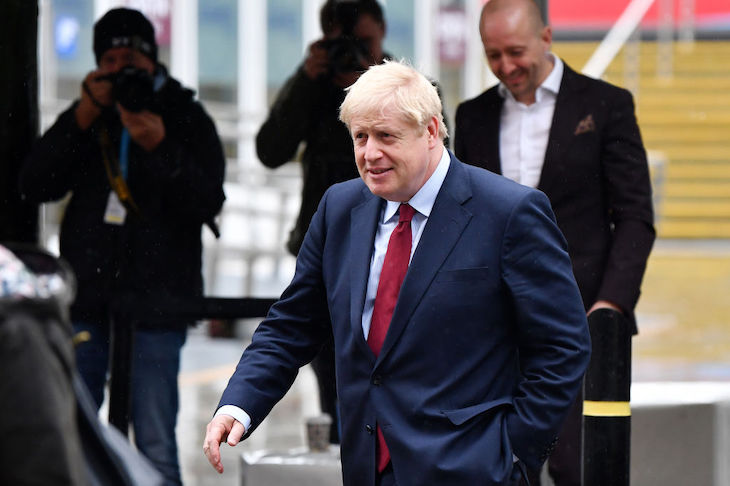Boris Johnson’s offer to the EU isn’t nothing. He, seemingly with the DUP’s blessing, is proposing that Northern Ireland follow EU regulations on not just agriculture but also manufactured goods for at least the next four years. But his insistence that the UK must leave the EU with its customs territory intact means that there will have to be customs checks on the island of Ireland and that breaches one of the EU and Dublin’s red lines.
So, what happens now? Well, I doubt that there will be a deal. I wonder even if there’ll be full-on negotiations; the two sides are just so far apart. Without an agreement, the Benn Act will kick in on the 19 October. Boris Johnson will try and get round it, but in the end the letter will be sent. At that point, the EU will offer a short extension. Various EU countries might be getting fed up with this whole process, but no one is yet prepared to kick the Brits out.
The EU know that there is not going to be no deal on October 31st, and so the pressure on them to compromise is vastly reduced—which is the whole problem with the Benn Act. From the EU’s point of view, they might as well see what a general election throws up. If Boris Johnson does win a majority, then they can have a think about whether they are prepared to compromise. But, equally, a general election might lead to a second referendum or a soft Brexit with the UK staying in the customs union and very close to the single market.
The least unlikely course now is that there is another Brexit extension and a general election. One of the most striking things about this week is how much more optimistic the Tories are becoming about their ability to win a general election in these circumstances. Boris Johnson’s old view that ‘extension means extinction’ has been replaced by a growing confidence that they can shift the blame for the extension onto others and campaign as the party trying to ‘get Brexit done’.







Comments